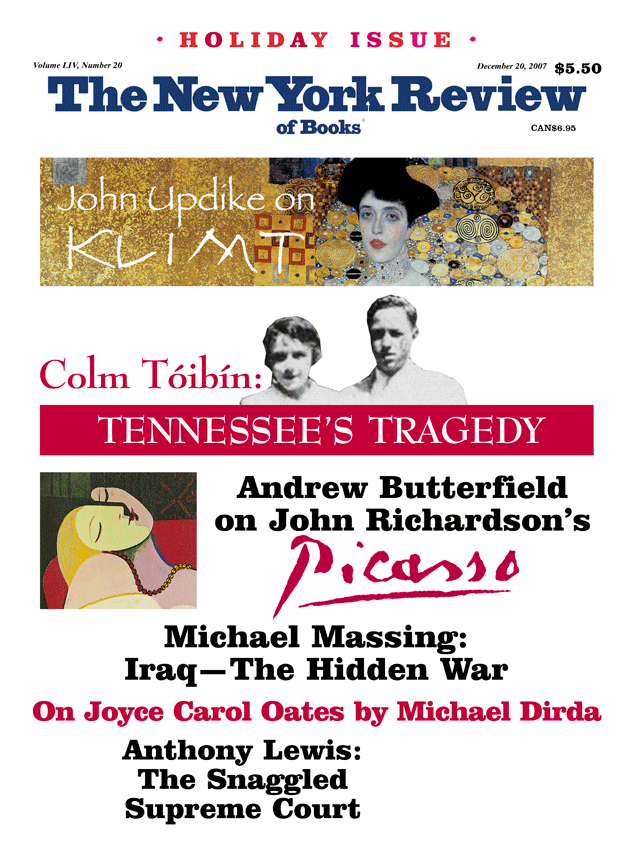In his last years Norman took on three vast, metaphysical subjects: the possibility of transcendence in his book on Jesus; the faith that life is not meaningless even though its meaning may lie beyond our grasp in his dialogue on God; and the problem of absolute evil in his projected seven-volume novel about Hitler. His limitless ambition as a writer was not simply a matter of ego, though Norman had plenty, but of his commitment to the writer’s vocation to make sense of things for himself and the rest of us. Two years ago he showed me a draft of Volume One of the Hitler series, which was later published as The Castle in the Forest.
By the end of this first volume Hitler had reached the age of twelve, and I asked Norman how he was going to get his subject into the bunker in a mere six more volumes. I put the question to him in this way rather than remind him that he was now in his eighties and might have to think of putting his pen down long before Hitler’s undoing. But he had anticipated the question. He said he had decided to pack the rest of the story—the Vienna years, World War I, Munich and the early Nazi period, the Thirties, the Holocaust, and the war—into a mere two further volumes. He was after all in his eighties and not sure he had time for the more ambitious project.
This towering chutzpah in a man who was visibly frail was not a performance. It was the real thing, combining the qualities that made Norman unique among his peers; dauntless to the end, bringing his novelist’s eye to the observation of historical events, ready to fathom the deepest mysteries, he walked the knife edge where rashness and courage become indistinguishable. His magnificent will never faltered. Neither did his genius. It was only his body that failed him.
This Issue
December 20, 2007


